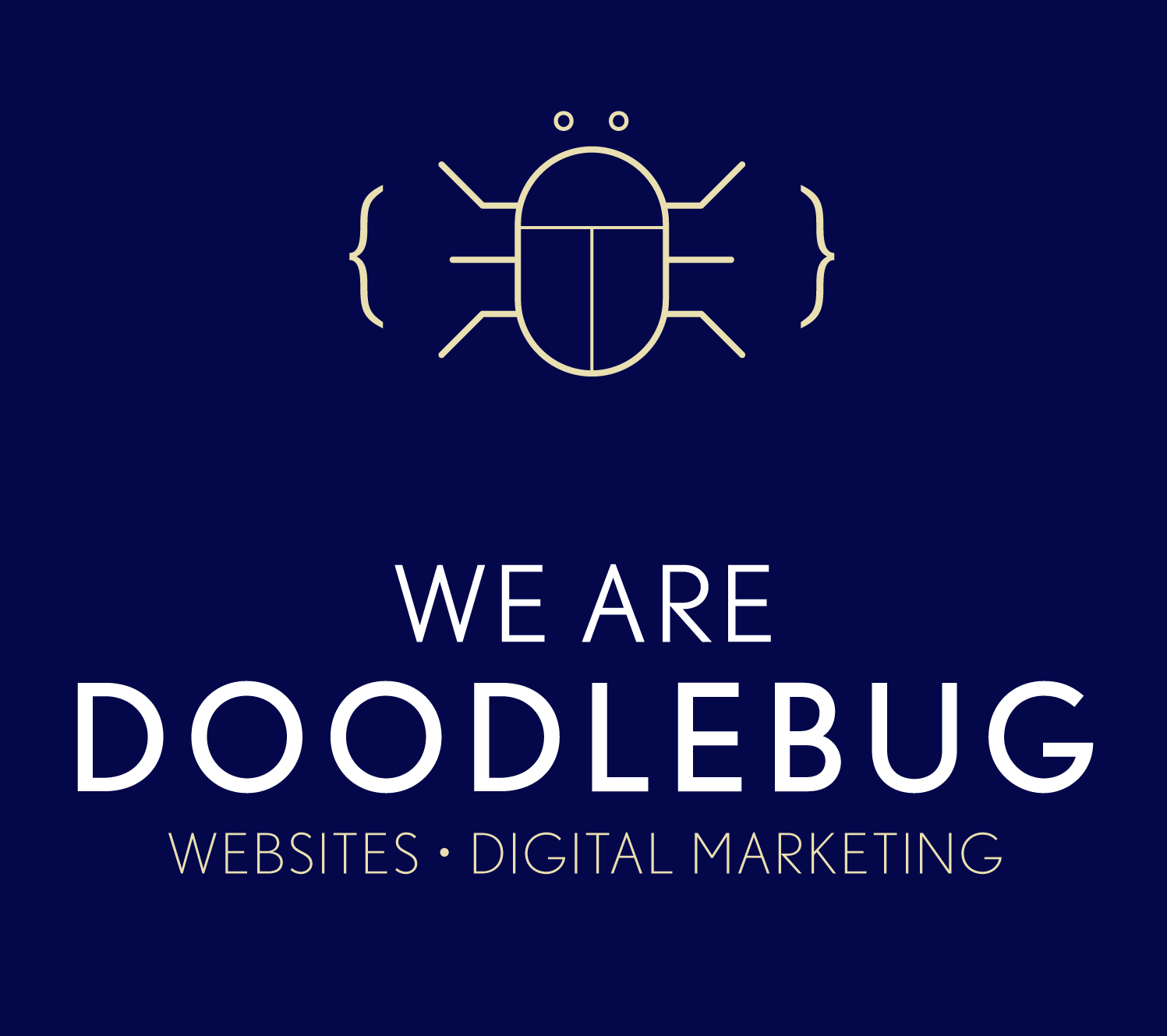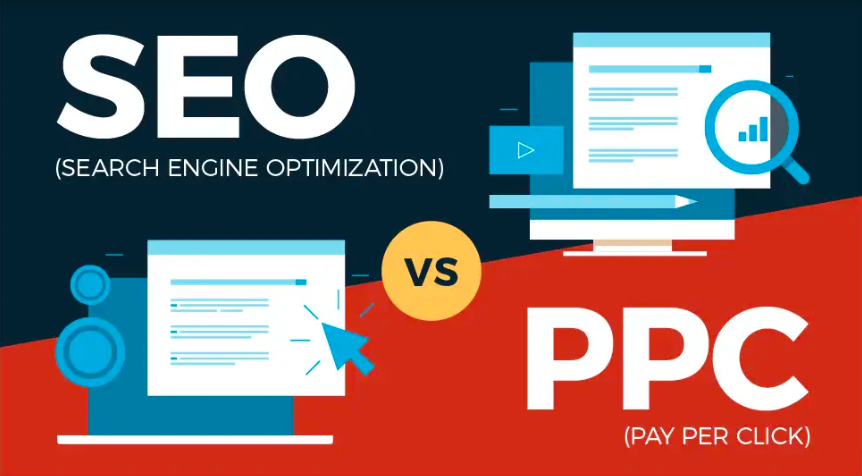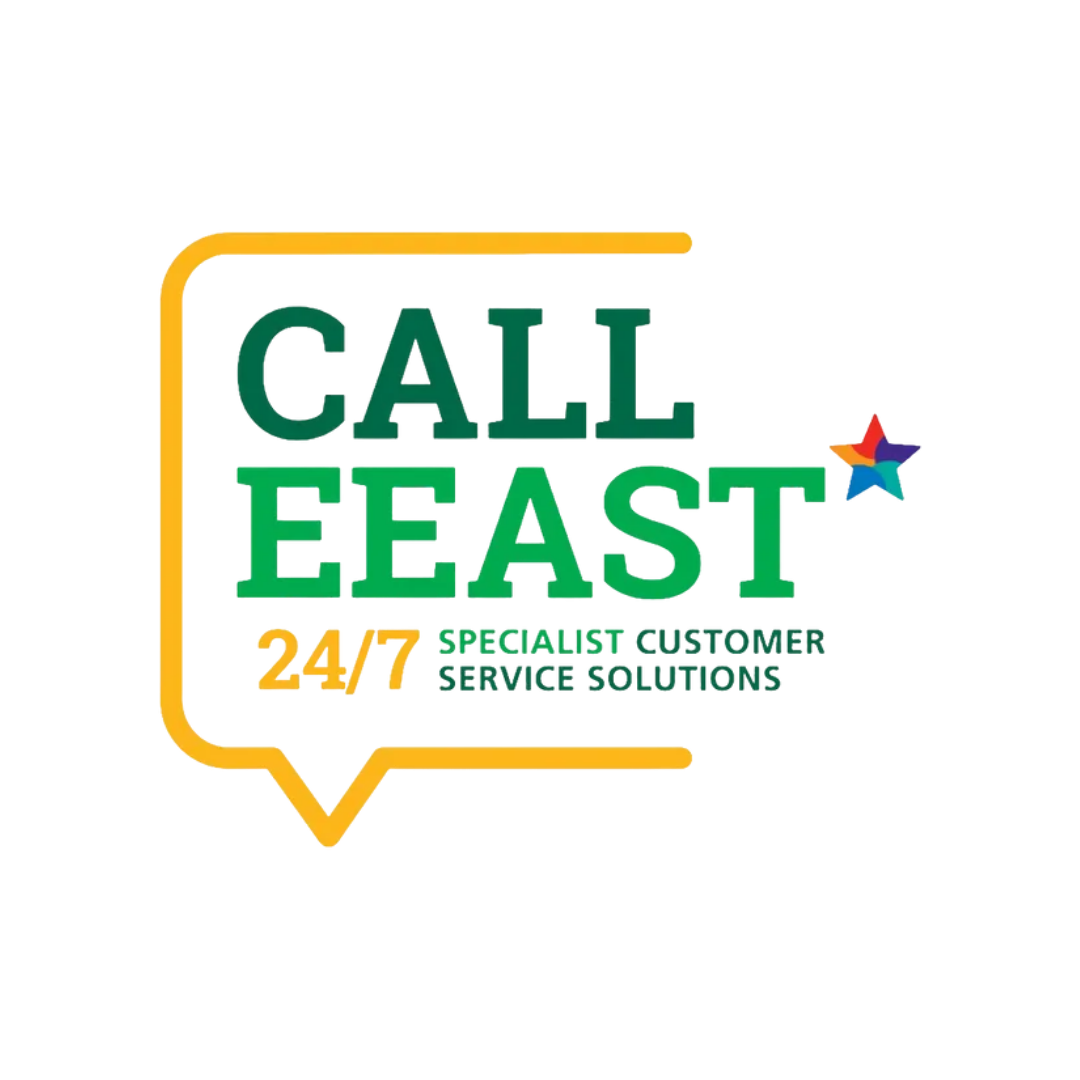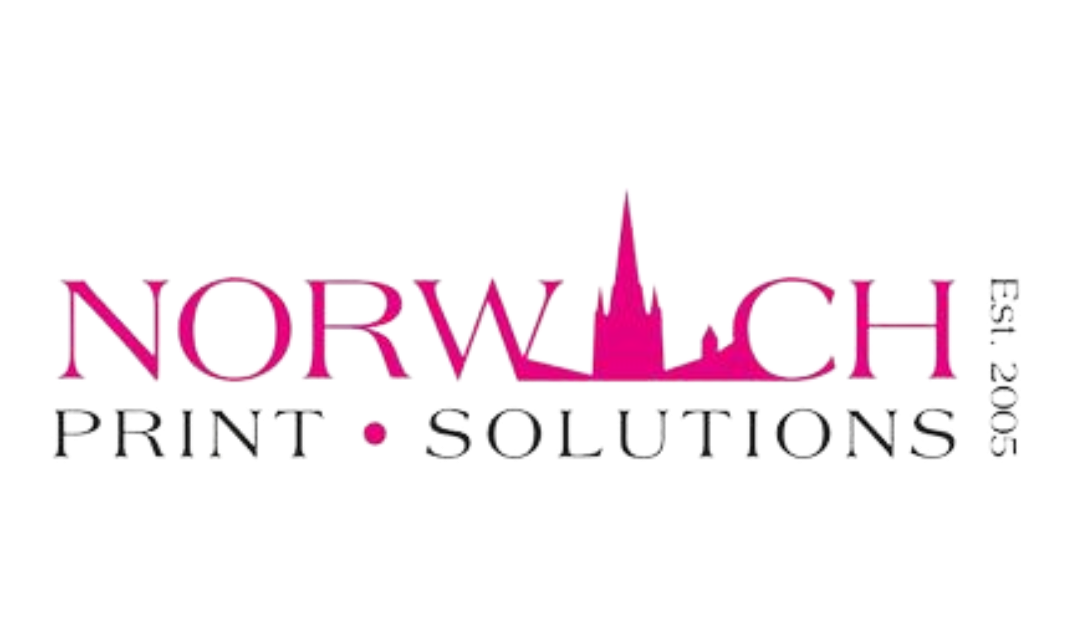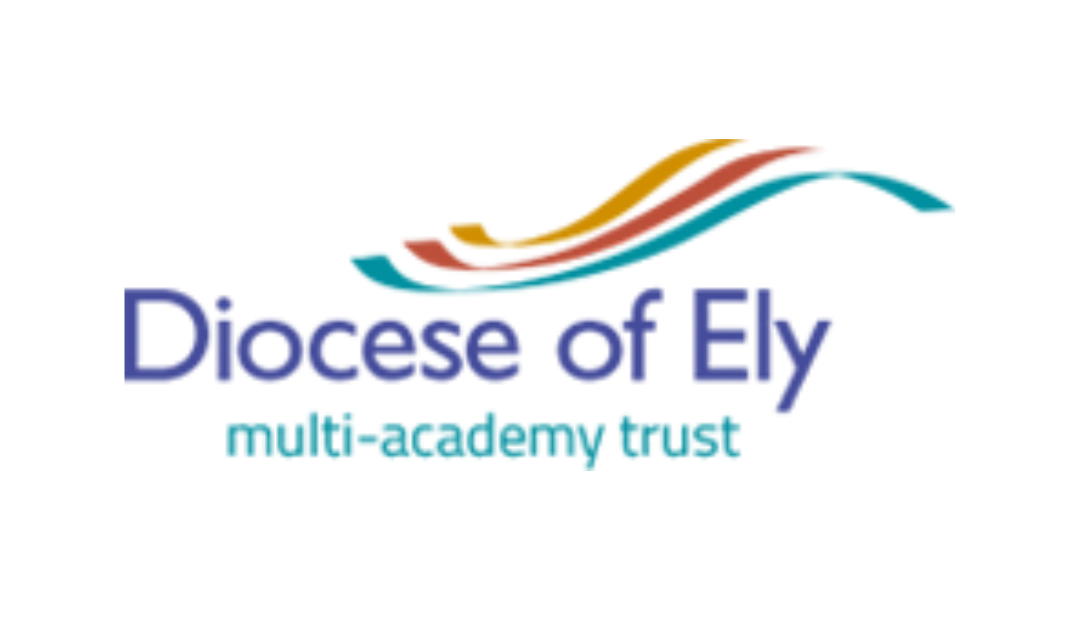Building trust in a digital world.
10 strategies for establishing credibility online.
In today's digital landscape, building trust with your audience is essential for the success of your business. With countless options available at their fingertips, consumers rely on credibility and trustworthiness to make informed decisions. Here are some effective strategies to establish and enhance your credibility online:
1. Authentic Storytelling
Share your brand's unique story and values to create an emotional connection with your audience. Authentic storytelling helps humanise your brand and allows people to relate to your mission, fostering trust and loyalty.
2. Consistent Branding
Maintain a consistent brand image across all online platforms, including your website, social media profiles, and content. A cohesive and professional visual identity instils confidence in your brand and portrays a sense of reliability.
3. Showcase Social Proof
Leverage social proof to demonstrate that others have had positive experiences with your brand. Display testimonials, case studies, and reviews from satisfied customers on your website and social media channels to build credibility and instil trust in potential customers.
4. Transparent Communication
Practise open and transparent communication with your audience. Respond promptly to customer inquiries, address concerns openly, and provide accurate and helpful information. This transparent approach establishes your brand as trustworthy and reliable.
5. Expert Content Creation
Share valuable and informative content that showcases your expertise in the digital marketing industry. Create blog posts, articles, and videos that educate your audience, positioning your brand as a knowledgeable authority in your field.
6. Trusted Advisor Collaborations
Partner with trusted advisors within your industry who align with your brand values. When reputable individuals endorse your products or services, it enhances your credibility and expands your reach to their loyal followers.
7. Professional Website Design
Invest in a well-designed, user-friendly website that reflects your brand's professionalism and reliability. Ensure that your website is mobile-responsive, loads quickly, and offers a seamless browsing experience to enhance credibility.
8. Secure Website
Protect your website and customer data by implementing robust security measures. Display security badges, SSL certificates, and privacy policies to assure visitors that their information is safe with you.
9. Engage and Respond
Actively engage with your audience on social media platforms, responding to comments, messages, and inquiries promptly. Show that you value their feedback and are dedicated to providing exceptional customer service.
10. Industry Partnerships and Certifications
Collaborate with reputable organisations, obtain relevant certifications, and display partnership logos on your website. This demonstrates your commitment to industry standards and further establishes your credibility.
Establishing credibility online is crucial for attracting and retaining customers in the digital age. By implementing these strategies, you can build trust, inspire confidence, and differentiate your SME from the competition. Remember, building credibility takes time, consistency, and a genuine commitment to delivering value to your audience.
We Are Doodlebug - Blog

